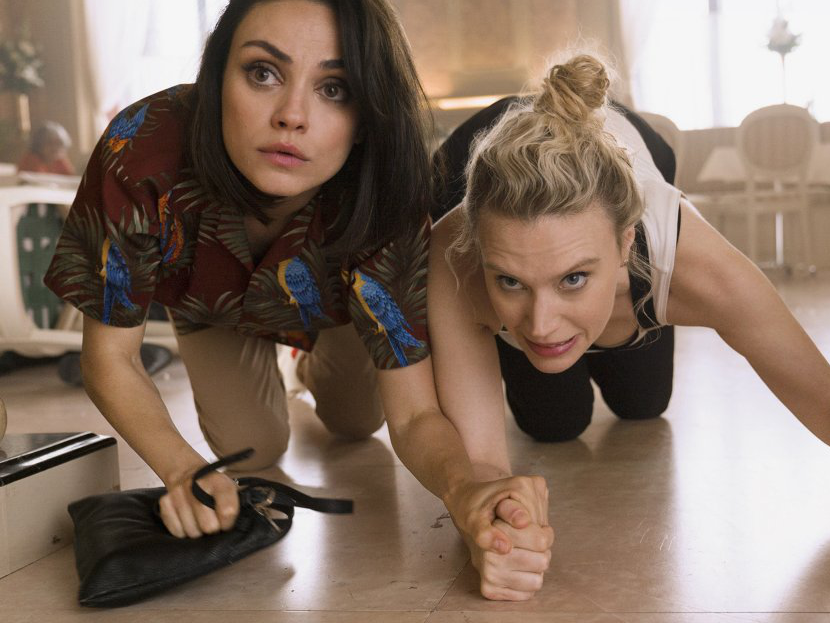
by acackler | Mar 8, 2021 | General
Who doesn’t love a good platonic relationship? That’s right, I’m talking about Audrey and Morgan from the movie The Spy Who Dumped Me. For those who haven’t seen the movie, what in the heck are you waiting for? It’s a slick action comedy...


